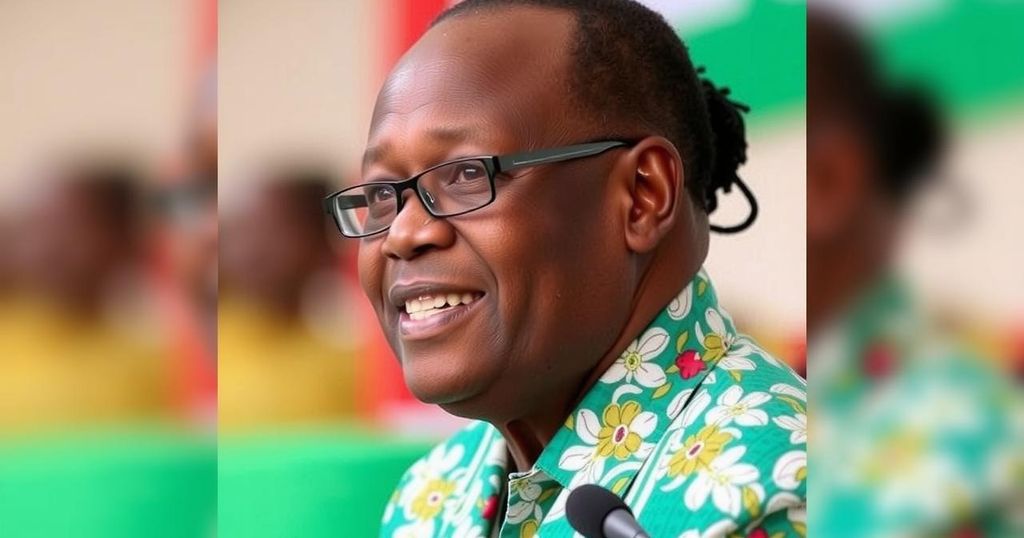Ghana holds presidential elections with President Nana Akufo-Addo stepping down after two terms. Major candidates include former President John Mahama and Vice-President Mahamudu Bawumia. Economic issues like high inflation and unemployment dominate voter concerns. Approximately 19 million Ghanaians are registered to vote, with results anticipated within three days. With significant changes possibly forthcoming, the election is crucial for the country’s future.
Election day has commenced in Ghana, heralding the prospect of a new presidential administration as incumbent President Nana Akufo-Addo concludes his term. The focus for many voters lies heavily on the economy, grappling with a significant debt crisis and escalating living costs. Former President John Mahama of the National Democratic Congress (NDC) seeks to reclaim the presidency, while Vice-President Mahamudu Bawumia of the New Patriotic Party (NPP) aims to be the first Muslim leader of the country. Additionally, candidates such as businessman Nana Kwame Bediako and former NPP member Alan Kyerematen are in contention. Approximately 19 million Ghanaians are eligible to cast their votes, but the prospect of a female candidate has dimmed following the death of Akua Donkor. Polling stations will be open for a 10-hour period, with results expected within three days. A candidate must secure over 50% of the votes to win outright; otherwise, a runoff will be conducted by the end of December. Campaigns concluded with Bawumia indicating the government’s achievements compared to Mahama’s governance. The economic landscape remains severe, marked by inflation rates that peaked at 54.1% last year, alongside high unemployment rates, particularly among the youth. Understanding these social conditions is crucial as they may significantly influence voters’ choices in this election.
The 2023 elections in Ghana mark a critical juncture due to economic difficulties faced by the nation, exacerbated by a debt crisis and inflation reaching unprecedented levels. The significance of this election is heightened as President Nana Akufo-Addo encounters term limits, ensuring a transition of power. Both major political parties, the NDC and the NPP, have historically dominated the presidency since the establishment of multi-party democracy in 1992, making this electoral decision pivotal for Ghanaians. Additionally, efforts to increase female representation in politics have been challenged, as reflected in the unfortunate passing of the only female presidential candidate, Akua Donkor. The outcome of this election thus carries the potential for substantial socio-economic implications for Ghana’s future.
In conclusion, the elections in Ghana reflect a decisive moment amidst challenging economic conditions, with multiple candidates vying for the presidency. The impending transition of leadership follows a significant tenure from President Akufo-Addo, while the ramifications of inflation and unemployment loom large over the electorate. The outcomes of the elections will not only determine the next president but also set the trajectory for Ghana’s political and economic landscape moving forward. With potential incumbents signaling contrasting visions for the future, the decision of nearly 19 million voters will be paramount in shaping the nation’s next chapter.
Original Source: www.bbc.com






